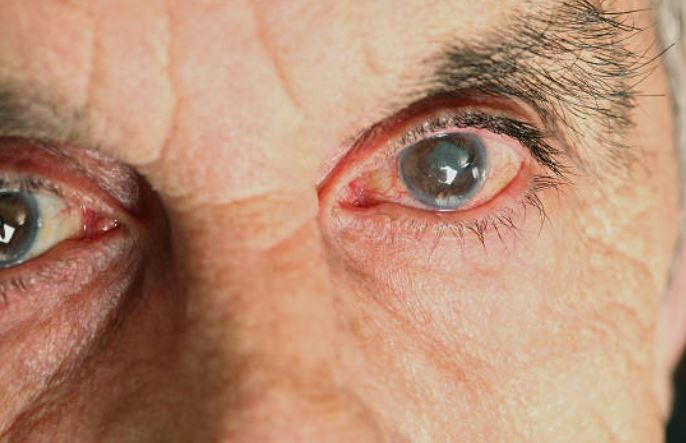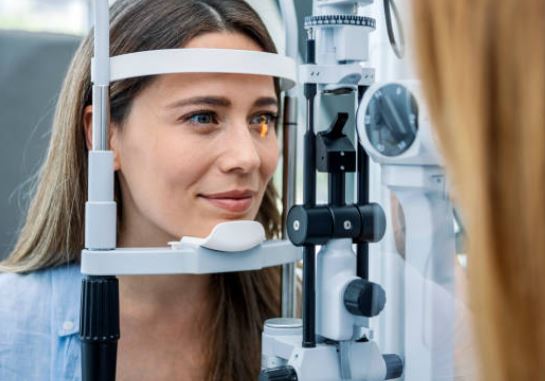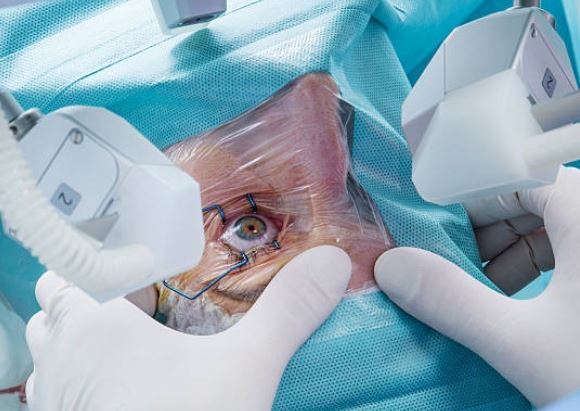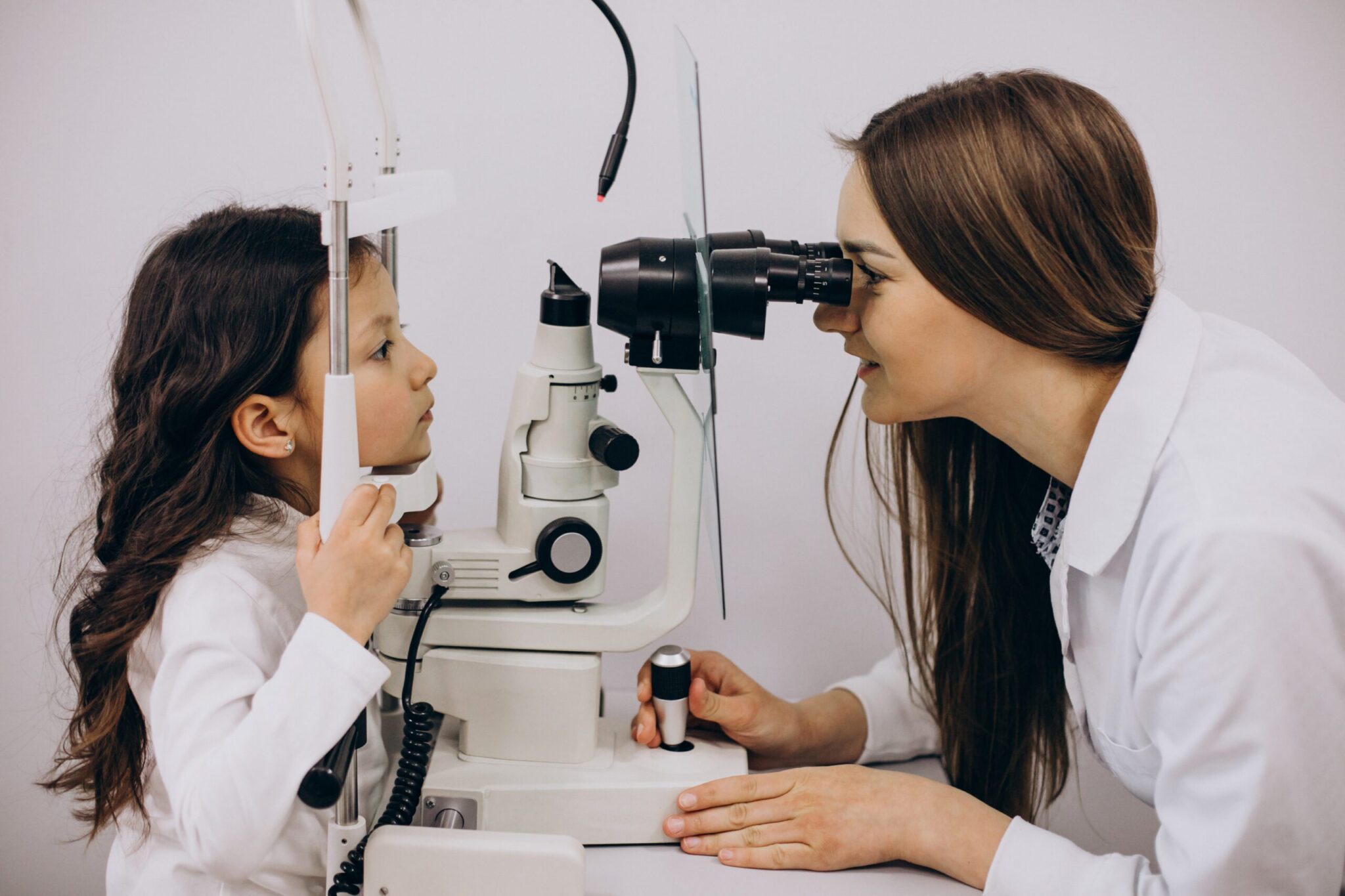Glaucoma: Tips to Protect Your Vision
What is Glaucoma?
Glaucoma refers to a group of eye conditions that can lead to irreversible vision loss by damaging the optic nerve. In most cases, it occurs due to elevated pressure inside the eye. However, it’s worth noting that some individuals may experience glaucoma-related damage despite having normal eye pressure.
Risk factors for glaucoma include advanced age, a family history of the condition, the use of steroids, and a history of eye trauma, such as injury or severe infection. While it’s possible for children to develop glaucoma, it’s more commonly seen in adults.

How can I tell if I have glaucoma?
While some types of glaucoma, like narrow-angle glaucoma, may cause symptoms such as severe eye pain, blurry vision, nausea, or vomiting, most cases do not produce any noticeable symptoms. Therefore, it’s crucial to undergo regular glaucoma screening.
According to Dr. Colson, a comprehensive eye exam conducted by an ophthalmologist can identify risk factors or early signs of glaucoma. During the exam, tonometry is usually performed to measure the pressure inside your eyes. This test involves a puff of air that may startle you, but it’s not painful. If you’re at a high risk of developing glaucoma, your eye doctor may also perform peripheral vision checks and nerve scans to look for any changes.

What are the treatment options for glaucoma?
It’s crucial to seek treatment for glaucoma to protect your vision, and fortunately, there are several options available. According to Dr. Colson, most treatments aim to lower the pressure inside the eye to slow down the disease’s progression. Depending on the type and severity of your glaucoma, your doctor may suggest:
1. Prescription eye drops (there are various types available

2. Laser procedures

3. Surgery

Does glaucoma surgery improve vision?
It’s essential to recognize that glaucoma surgery typically doesn’t restore or enhance the vision that has already been lost due to glaucoma. Instead, the surgery aims to prevent further vision loss caused by the condition. It’s also common to experience blurry vision in the operated eye during the initial recovery period.
In conclusion,
it’s crucial to undergo regular eye exams, even if you’re not experiencing any vision or eye-related issues. As Dr. Colson stated, early detection is key since vision loss caused by glaucoma is irreversible. This is especially important if you have any risk factors for the condition.
Taking care of your eyes and preserving your vision is crucial. An ophthalmologist can perform comprehensive eye exams to check for glaucoma, other eye disorders, and vision problems.

In addition,
Glaucoma is a group of eye conditions that can lead to permanent vision loss. Although some forms of glaucoma cause symptoms such as eye pain and blurry vision, many cases don’t show any warning signs until it’s too late. Therefore, it’s crucial to undergo regular eye exams, particularly if you have any risk factors for the condition.
By detecting glaucoma early, you can take steps to protect your eyesight and prevent further vision loss. Treatment options for glaucoma typically aim to reduce the pressure inside the eye, such as prescription eye drops, laser procedures, or surgery.
To safeguard your vision, it’s important to take care of your eyes and visit an ophthalmologist regularly. A comprehensive eye exam can identify any risk factors or early signs of glaucoma and other eye disorders. By following these tips, you can protect your eyesight and maintain good eye health.
Read Also: 10 Impressive Health Benefits of eating Apples
To Know more about it: Click here









